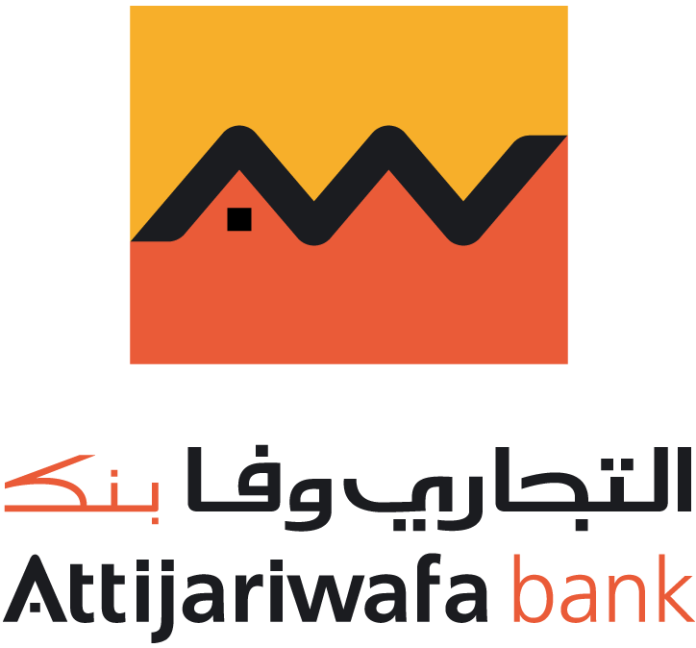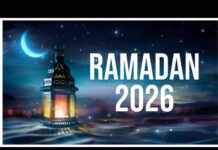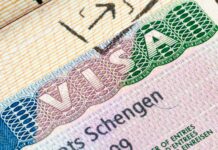Fitch Ratings has reaffirmed Attijariwafa Bank’s (AWB) Long-Term Foreign and Local-Currency Issuer Default Ratings (IDRs) at ‘BB’, maintaining a stable outlook. The agency also upheld the bank’s Viability Rating (VR) at ‘bb’ and Government Support Rating (GSR) at ‘bb’, reinforcing AWB’s strong position in Morocco’s financial landscape.
AWB’s ratings are primarily influenced by its strong market dominance in Morocco and its strategic international expansion, particularly in Africa. The bank boasts a robust business model, sound risk management practices, and a proven track record of solid execution. However, Fitch has highlighted the bank’s moderate capital ratios and the relatively higher risks associated with its international operations, particularly in sub-Saharan Africa.
With a 26% market share in Morocco’s banking sector, AWB is a leader in both traditional and specialized financial services. Its presence in 26 countries, including 13 across Africa, strengthens its diversified business model and revenue streams. However, Fitch considers the bank’s exposure to African markets—constituting about a quarter of its total assets—as a potential risk factor due to economic volatility in the region.
Financial performance highlights
- Profitability: AWB’s financial strength was underscored by a notable increase in profitability, with operating profits rising to 3.7% of risk-weighted assets (RWAs) in the first half of 2024, up from 2.9% in 2023. Return on equity also surged to 17%, driven by higher trading revenues and strong insurance income.
- Asset Quality: The bank has demonstrated improvements in loan quality, with the Stage 3 loan ratio dropping to 7.1% at mid-2024 from 7.4% at the end of 2023, thanks to effective recovery efforts and a focus on high-quality corporate lending.
- Capital Position: The Common Equity Tier 1 (CET1) ratio increased to 10.2%, exceeding regulatory requirements by 220 basis points. Fitch expects this ratio to remain steady in the 10%-11% range in the near future, backed by solid internal capital generation.
Outlook on growth and challenges
Morocco’s improving economic outlook, with expected GDP growth of 3.5% over 2025-2026, presents opportunities for credit expansion. Key sectors such as tourism and construction, fueled by upcoming major sporting events, are likely to drive demand for banking services. However, AWB’s exposure to sub-Saharan African markets remains a challenge due to heightened risks in these regions.
Fitch acknowledges the Moroccan government’s strong inclination to support its banking sector due to its critical role in the national economy. However, the country’s financial flexibility to provide support remains moderate. Any downgrade of Morocco’s sovereign rating could negatively impact AWB’s GSR and overall rating.
Potential rating changes
- Positive triggers: A ratings upgrade could occur if AWB reduces its exposure to high-risk markets and improves capital ratios. A sovereign rating upgrade could also contribute to an improved GSR.
- Negative triggers: Deterioration in asset quality, profitability, or economic conditions in Morocco or sub-Saharan Africa could prompt a downgrade. A weakening of government support or a sovereign rating downgrade could also negatively impact AWB’s ratings.
AWB continues to solidify its position as Morocco’s leading bank with a resilient and diversified business model. While profitability and asset quality improvements support its ratings, exposure to higher-risk markets and moderate capital buffers remain areas to watch. Fitch’s stable outlook suggests confidence in AWB’s ability to navigate these challenges while maintaining steady growth.





